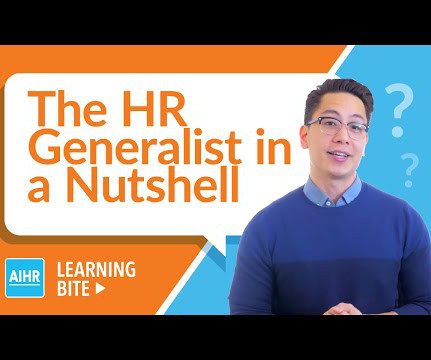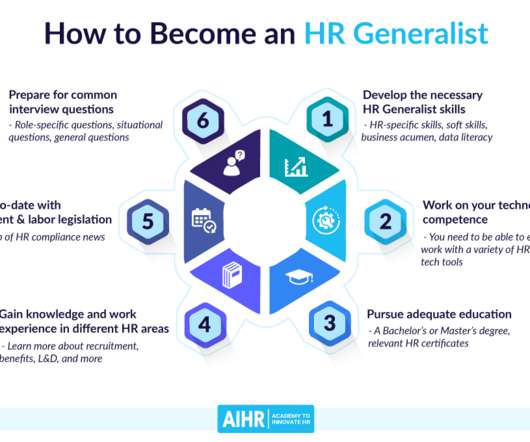Estimated Time on HR: Employee Relations & Compliance Tasks
Stratus
OCTOBER 11, 2022
And, oftentimes, employment laws and compliance requirements dictate how you should handle those disputes. . When you are in the thick of developing a new initiative, responding to employees, handling tricky people situations, or researching applicable laws, you may wonder if you are spending too much time on each task.

















Let's personalize your content